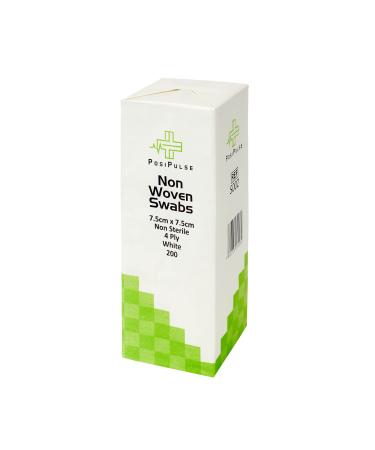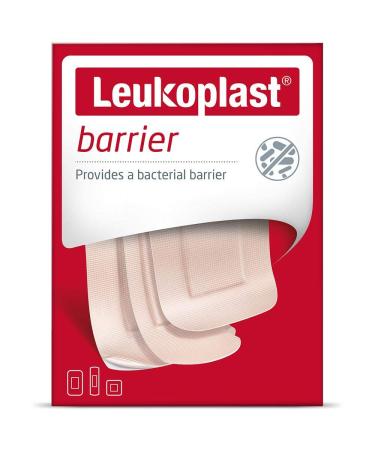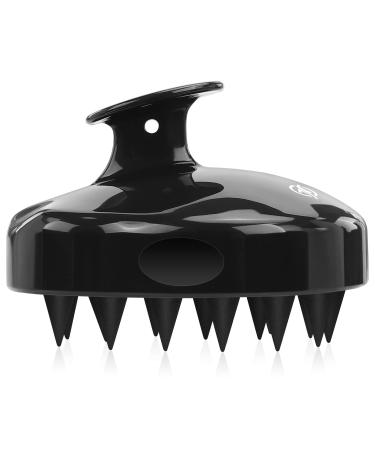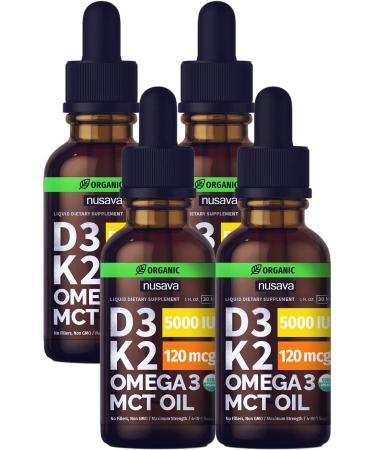Post Operative Wound Care Bandage

Can you afford to take a chance with your health
Postoperative wound infections are a major concern in the healthcare industry, as they can result in prolonged hospital stays, increased healthcare costs, and decreased patient satisfaction. The type of bandage used to cover the wound can play a significant role in reducing the risk of infection.
- Studies have shown that using waterproof bandages significantly reduces the risk of postoperative wound infections.
- The impermeable barrier provided by these bandages prevents bacteria and other pathogens from entering the wound, reducing the risk of infection.
- Additionally, waterproof bandages are less likely to come off or become dislodged during normal daily activities, providing greater protection for the wound.
On the other hand, standard bandages are not as effective in preventing postoperative wound infections.
- These bandages can become wet or soiled, increasing the risk of infection.
- They are also more likely to become dislodged or come off, exposing the wound to outside contaminants.
Overall, it is recommended that postoperative patients use waterproof bandages to protect their wounds and reduce the risk of infection.
This will not only improve the healing process and reduce the likelihood of complications, but it will also decrease healthcare costs and improve patient satisfaction.
In conclusion, using waterproof bandages for postoperative wound care has been shown to be an effective means of reducing the risk of infections. While standard bandages may be less expensive, they are not as effective in preventing infections, and the costs of treating an infected wound can be much higher in the long run.








![Stewart Freeze Dried Dog Treats Made in USA [Single Ingredient Puppy and Dog Training Treats - Grain Free Natural Dog Treats] Resealable Tub to Preserve Freshness - Buy Online on GoSupps.com](https://www.gosupps.com/media/catalog/product/cache/25/small_image/375x450/9df78eab33525d08d6e5fb8d27136e95/6/1/61gwbbixarl._ac_sl1500_.jpg)







